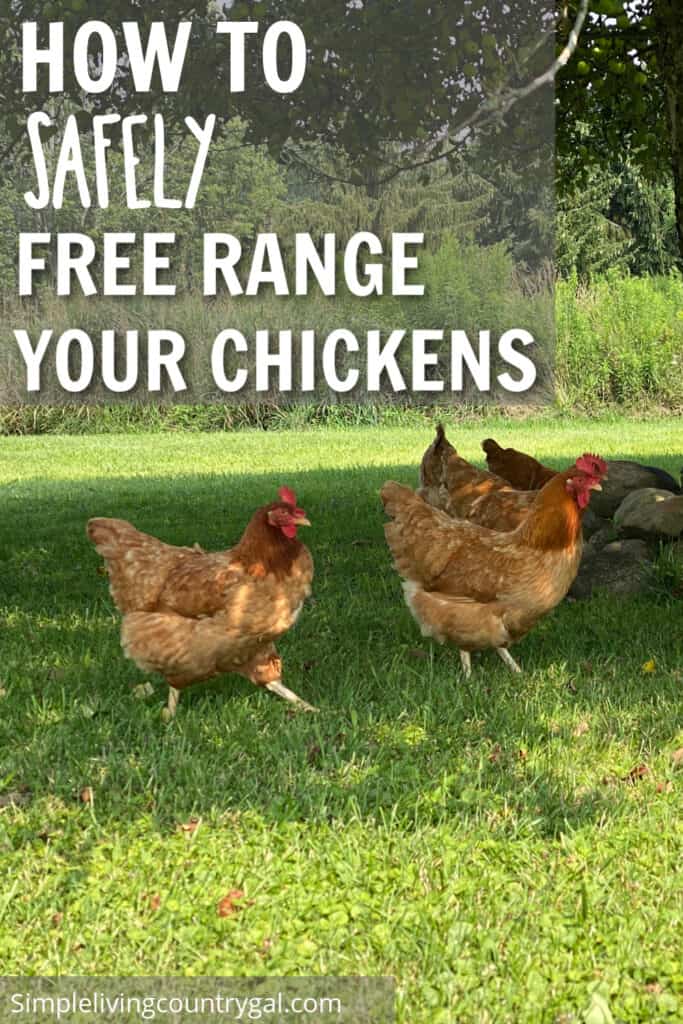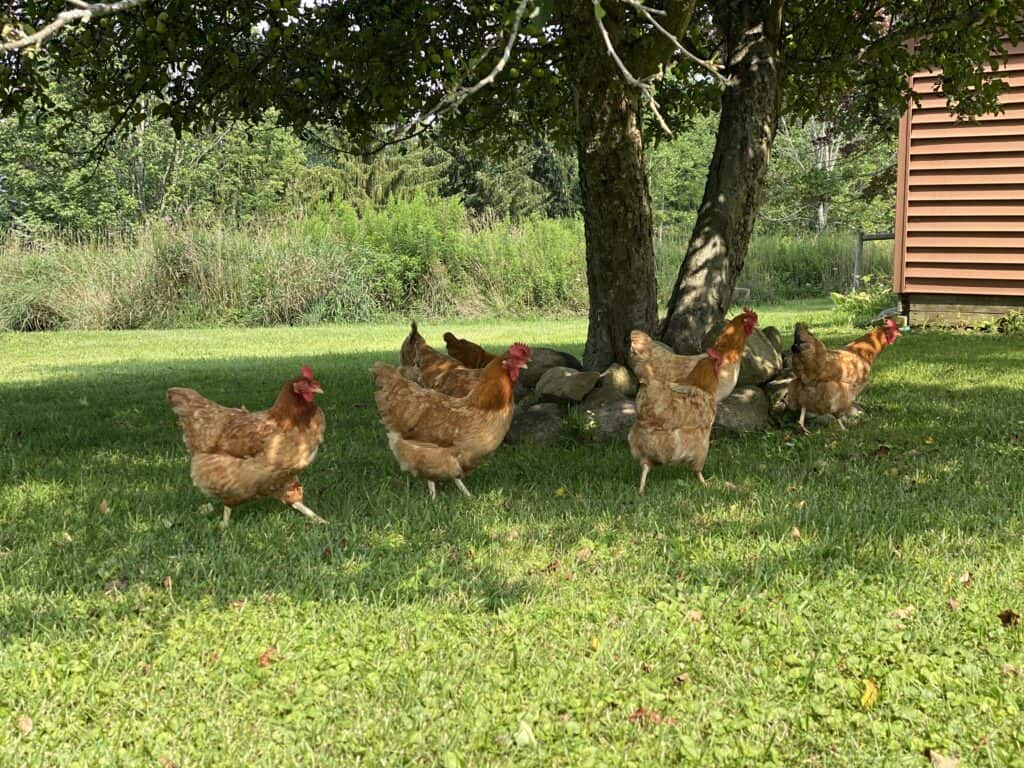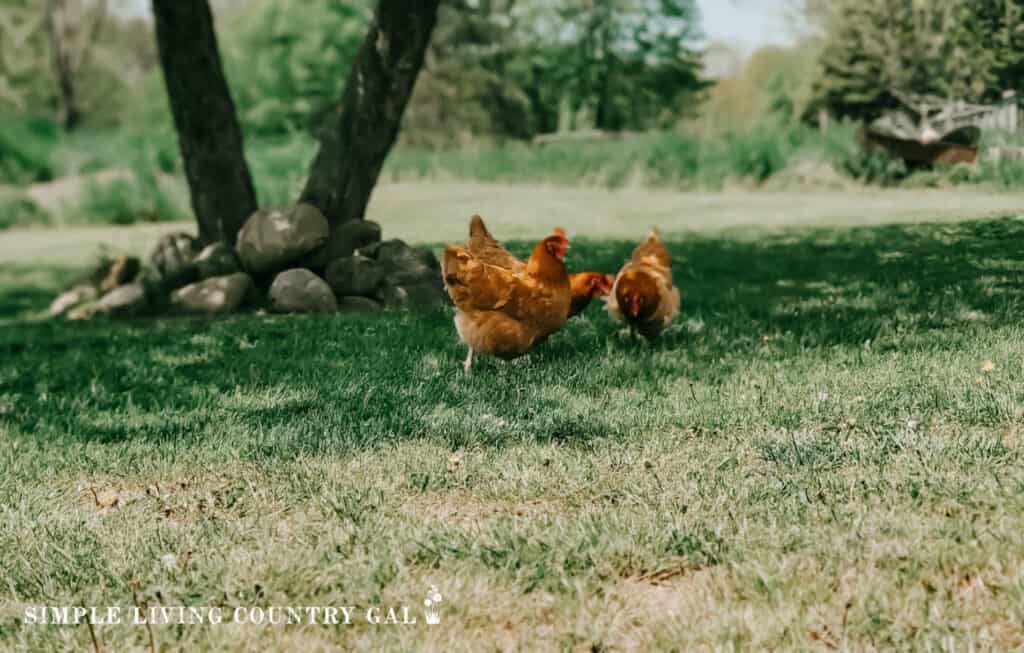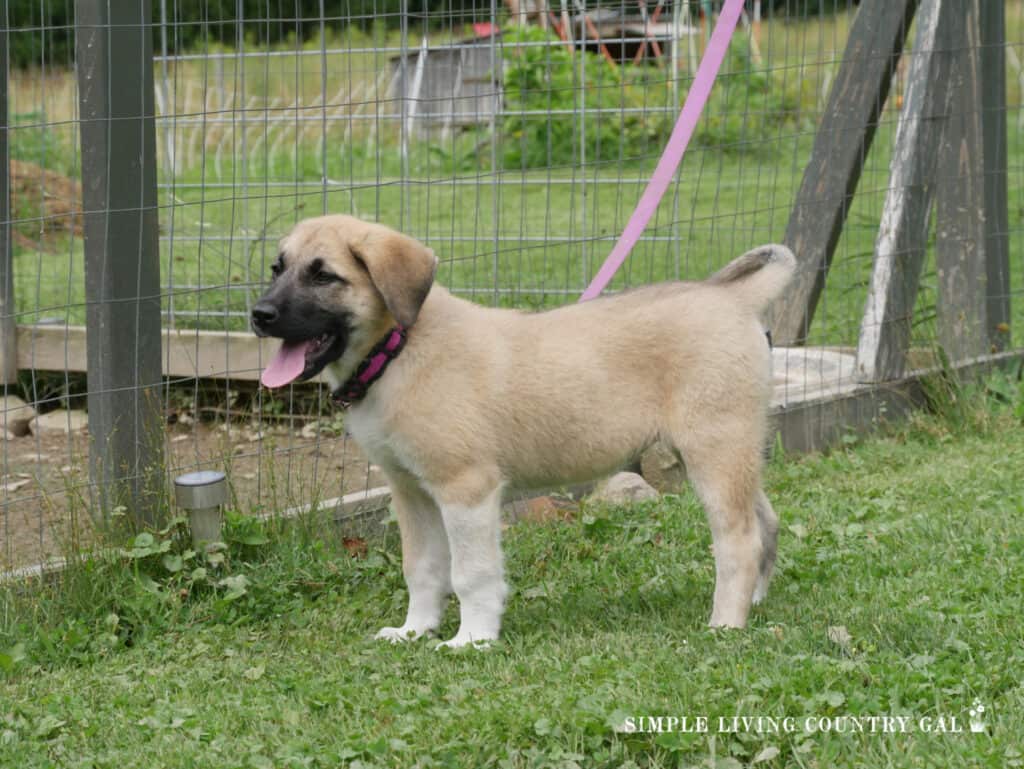how to protect free-range chickens
Letting a flock of hens free range is a great way to supplement feed in a coop. But how do you keep everyone safe? This article will help with ways on how to protect free-range chickens.
Raising chickens all starts with keeping them safe, and this article will help, especially if you want your flock to roam freely throughout the day.

Raising free-range chickens is a great way to raise your flock, giving them the freedom to forage for feed. However, a hen that is out scratching tends to be distracted enough to miss when or if danger is present. To help keep your chickens safe during the day, we have tips on how to protect your flock while they are out and about.
What does it mean to free range?
Free-range chickens are allowed to roam freely and have access to the outdoors. This is different from confined or caged chickens, who have limited space to move around.
One of the main benefits of free-ranging your chickens is that they can forage for food on their own. This not only provides a more natural diet for the birds, but it also reduces the cost of feed for the owners.
However, with free-ranging comes risks. Predators such as hawks, foxes, and even domestic pets can pose a threat to your chickens. Without proper protection, these predators can easily harm or kill your flock.
How to Protect Free-Range Chickens
When it comes to raising free-range chickens, safety is a top priority. With the freedom to roam and forage, these birds are more vulnerable to predators. To ensure the well-being of your flock, here are some tips on how to protect free-range chickens.

Provide Shelter
Make sure to have a safe and secure coop for your chickens to return to at night. This will not only protect them from predators but it will also keep them safe from harsh weather conditions.
Use Fencing
Fencing is an important way to protect your free-range chickens. A fence around the perimeter of your property can help prevent predators from getting in and keep your chickens contained in a designated area.
Consider Using Chicken Tractors
Chicken tractors are portable coops that can be moved around to different areas of your property. This allows your chickens to have access to fresh forage while still providing them with protection.

Use Predator Deterrents
There are several ways to deter predators from entering your chicken’s free-range area. Motion-activated sprinklers, reflective materials, and even natural repellents like herbs and spices can help keep predators away.
Train Your Flock
Believe it or not, chickens can be trained to respond to danger and seek shelter. By regularly practicing drills with your flock, they will learn to recognize potential threats and take cover when needed.
Use Temporary Fencing
If you have a large property or want to give your chickens more space to roam, consider using temporary fencing. This can be moved around and changed as needed to provide your flock with new areas to explore while still keeping them safe.
Keep a Rooster
Having a rooster in your flock can help protect your free-range chickens. Roosters are naturally protective of their hens and will often sound an alarm if they sense danger.
Be Vigilant and Observant
Always keep an eye on your flock and regularly check for any potential signs of predator activity. This could include tracks, droppings, or feathers.
Have a Livestock Guardian Dog
If you have a larger property and a lot of predators, consider getting a livestock guardian dog. These breeds are trained to protect livestock, including chickens, from predators such as coyotes, foxes, and raccoons.

Free-ranging your chickens has many benefits for both the birds and their owners, but it also comes with risks. By following these tips and taking necessary precautions, you can ensure the safety of your flock while still allowing them to enjoy a more natural and fulfilling lifestyle. With proper planning and management, free-ranging can be a successful and enjoyable experience for both you and your chickens.
